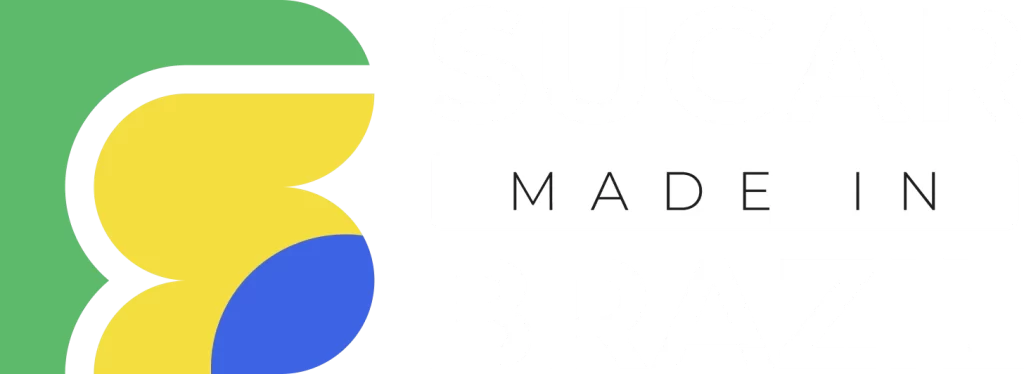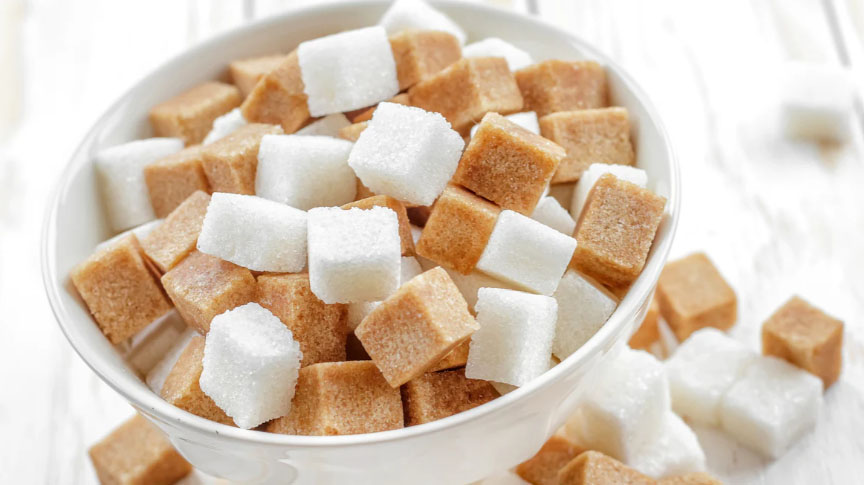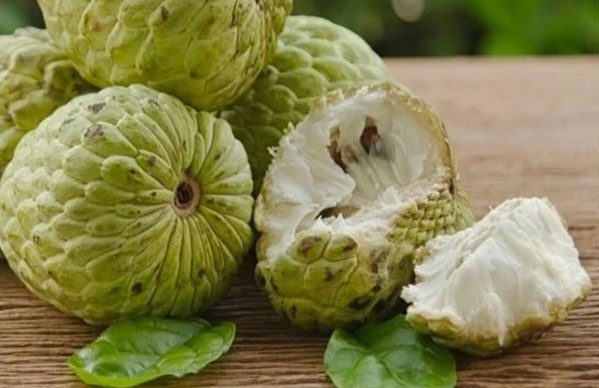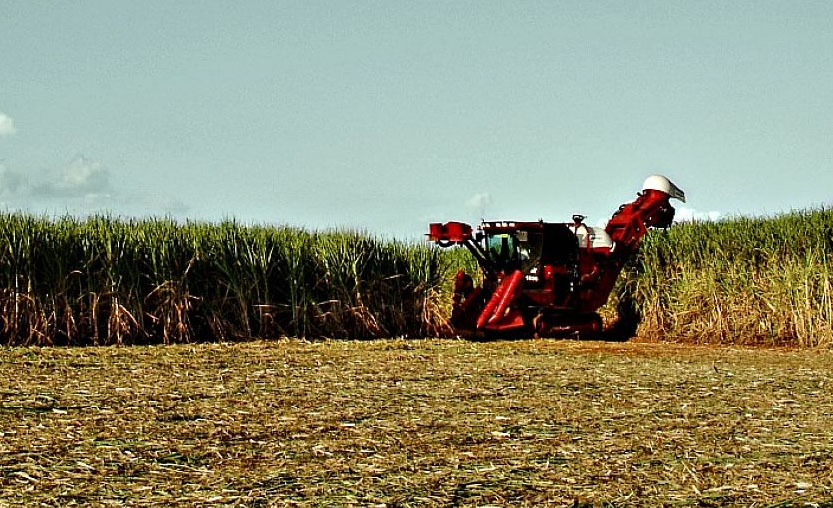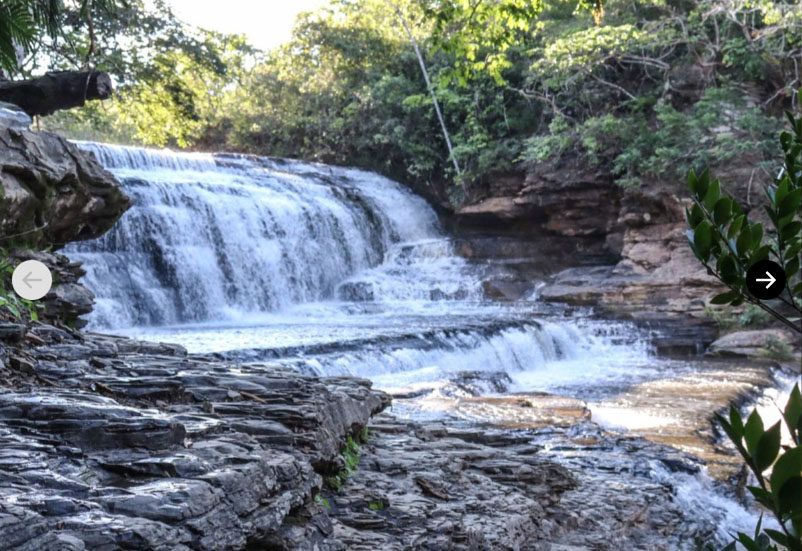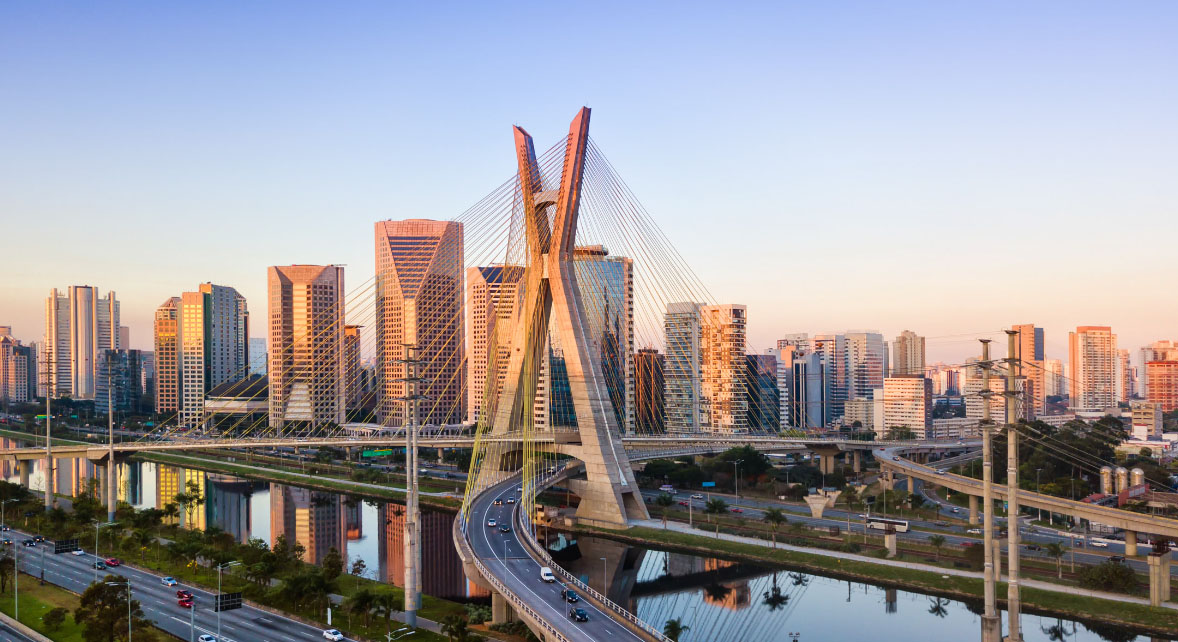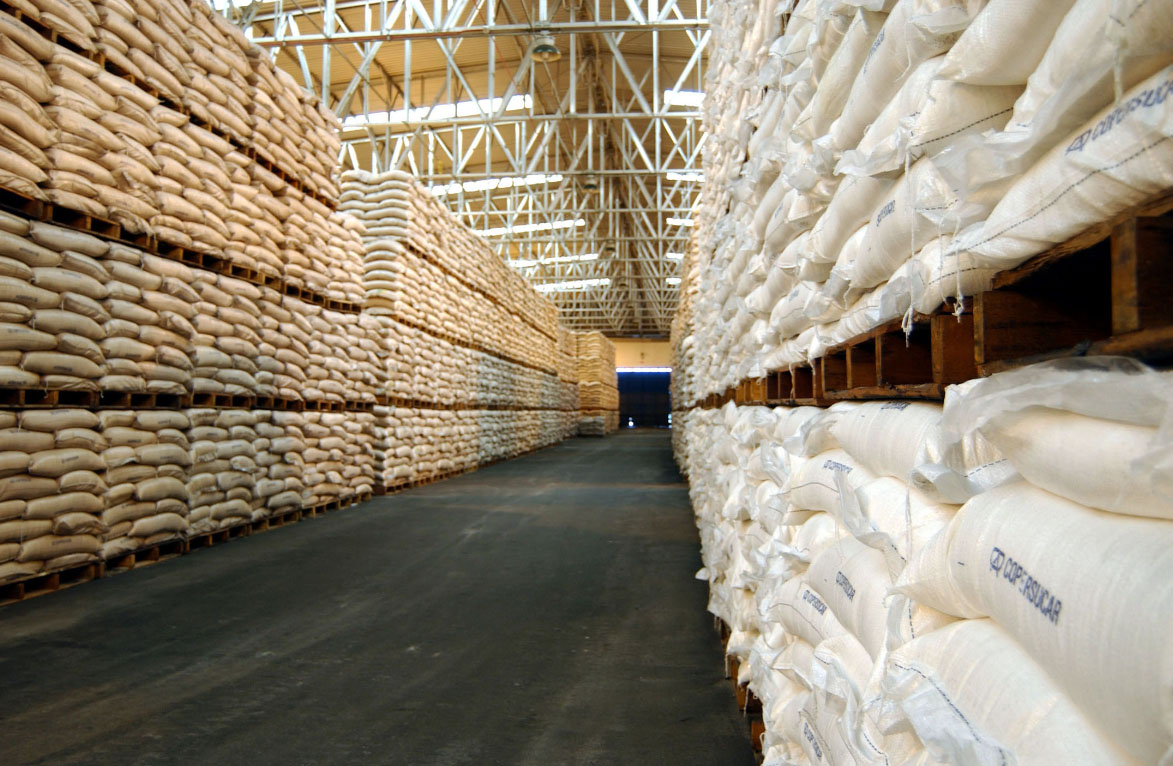Brazil, a
global sugar powerhouse, offers a tantalizing opportunity for businesses
seeking to procure sugar. In this comprehensive guide, we’ll lead you through
the process of sourcing sugar directly from Brazil. Whether you’re a
distributor, manufacturer, or trader, understanding the steps involved is key
to a successful procurement venture.
Identify
Reliable Suppliers
The first
step in sourcing sugar from Brazil is identifying reputable suppliers. Conduct
extensive research through online marketplaces, industry associations, and
trade exhibitions to compile a list of reliable suppliers. Building a strong
network of potential partners is crucial for a smooth procurement journey.
Verify
Supplier Credentials
Before
engaging with any supplier, perform due diligence by verifying their
credentials. Ensure that the supplier possesses the necessary licenses and
certifications required for sugar exportation. Investigate their reputation,
industry experience, and request references from previous clients to assess
their reliability.
Initiate
Contact and Negotiate
Once you’ve
shortlisted potential suppliers, initiate contact and commence negotiations.
Clearly define your requirements, specifying sugar quality, quantity, packaging
preferences, and delivery terms. Engage in price negotiations, discuss payment
terms, and consider additional services such as transportation and documentation
support.
Understand
Import Regulations
To import
sugar from Brazil, you must grasp the import regulations and prerequisites in
your own country. Familiarize yourself with customs procedures, secure import
licenses if necessary, understand quality standards, and adhere to labeling
regulations. It’s advisable to seek guidance from customs experts or import
consultants.
Quality
Assurance and Inspection
Ensure that
the sugar you intend to procure meets your desired quality standards. Implement
stringent quality control measures, including third-party inspections,
laboratory testing, and adherence to international quality standards. A robust
quality assurance process is vital to uphold your brand’s reputation.
Manage
Shipping and Logistics
Select the
most suitable shipping and logistics options for your sugar procurement.
Consider factors such as transportation mode (sea, air, or land), reliable
shipping companies or freight forwarders, and logistics costs. Efficient
logistics management is essential for timely receipt of your sugar consignment.
Navigate
Customs Clearance
Upon
arrival in your country, your sugar shipment will undergo customs clearance
procedures. Ensure that all necessary documentation, such as invoices, bills of
lading, and certificates of origin, is meticulously prepared. Fulfill any
applicable customs duties or taxes to facilitate the release of your sugar for
distribution.
Distribution
and Sales Strategy
With your
imported sugar in hand, concentrate on distribution and sales strategies.
Establish effective distribution channels and devise marketing plans to reach
your target market. Building strong relationships with retailers, wholesalers,
and stakeholders is pivotal for successful distribution.
Conclusion
Sourcing sugar from Brazil can be a lucrative
endeavor when executed meticulously. Through rigorous research, credential
verification, compliance with import regulations, and vigilant quality control,
you can successfully navigate the procurement process. With the right approach
and diligence, you can access the premium-quality sugar produced in Brazil and
cater to the demands of your market seamlessly
